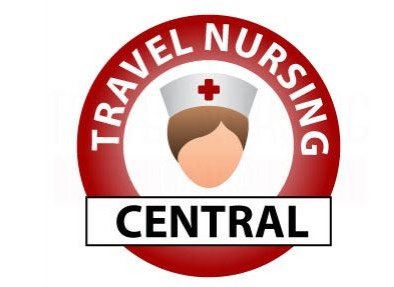As a travel nurse, you have the opportunity to take assignments around the country. This can sometimes mean going to a location where the weather conditions are new to you. The biggest adjustment seems to be going from the warmer states to the colder states. Especially in winter. We have put together some tips to help you make it through your cold-weather assignment.
Appropriate Snow boots
Snow boots are a must in cold-weather assignment locations. Insulated winter boots are best. Ugg boots are cute in theory, but your feet will not be protected when the slush gets them wet. There are many great options as far as brands. LL Bean, Columbia, Sorel, and North Face are all great options. I would suggest getting boots that go higher than your ankle, the snow is most likely going to be higher than your ankle, and you don’t want the snow going into your boots, trust me!
A Warm Coat
Winters can be brutal. You have not only snow and ice but the wind. You will need a nice warm coat. Many people go for longer coats because they cover more. Down coats are great for cold-weather assignment locations as they provide more warmth than other fillers. Northface, Nautica, Columbia, and many other name brands offer great options. You could even purchase a skiing or snowboarding jacket as they are made to wear outdoors while doing either activity and will provide great warmth.
Earmuffs or a Winter Hat
Along with your warm winter coat, you may want to consider a nice warm hat. With the cold winds, your ears can and most likely will get cold. If you aren’t a fan of hats, you can consider some earmuffs. They won’t cover your hair, but they will protect your ears from the harsh winter wind.
Warm Winter Gloves
Gloves are also a must. Your hands will be freezing by the time you get from the facility to your car; then, you may have to clean your car off. Make sure you get good warm gloves, not the one-dollar ones at Walmart or Target. I would suggest getting thick Wool gloves or insulated ones. They will keep the melted snow from getting to your hands longer.
Jumper Cables and Ice Scraper in your car
Winter weather is brutal on your car’s battery, so you can find yourself stranded with a dead battery at any point. Having a pair of jumper cables in your car is a must in colder weather locations, especially in the winter. This way, you aren’t relying on others to have a pair.
An ice scraper in your car is also a must. You may go into your shift, and your car is completely free of snow or ice, and finish your shift with a car covered in either of both. Depending on the size of your car, a long handle may be beneficial to scrape the snow off the top of your vehicle as well.
Emergency Kit for your car
Getting stranded in your car in the snow and/or ice can happen. It is important to have an emergency kit if the situation happens. While you may tweak the list to include things you may need like daily medication or if you travel with pets, extra food for them, here is a list of things to include for emergency situations.
- A blanket or two
- Granola bars, trail mix, beef jerky, or any non-perishable easy-to-eat foods
- kitty litter, to put under your tires for traction
- a small or foldable shovel
- first aid kit
- gallon of water
- change of warm clothes
Great Cold Weather Assignment Locations
These are just a few great options for colder weather locations to think about.
Massachusetts:
If you plan your assignment right you can be in Massachusetts for Halloween and Thanksgiving. For Halloween, you can visit the historic Salem area and then spend time at Pilgrim Rock around Thanksgiving.
New York:
New York is a busy and beautiful city to visit, especially around Christmas. They have so much going on and it just makes for a great travel nurse assignment location.
Alaska:
Alaska is beautiful, any time of the year, and will make for a cold assignment location year-round. It is dark from November 18th to January 24th as the sun does not rise during that time. Just something to be aware of.
We hope you found these tips for cold-weather assignment locations helpful. Did we miss any tips you think others should know? Comment them below.

